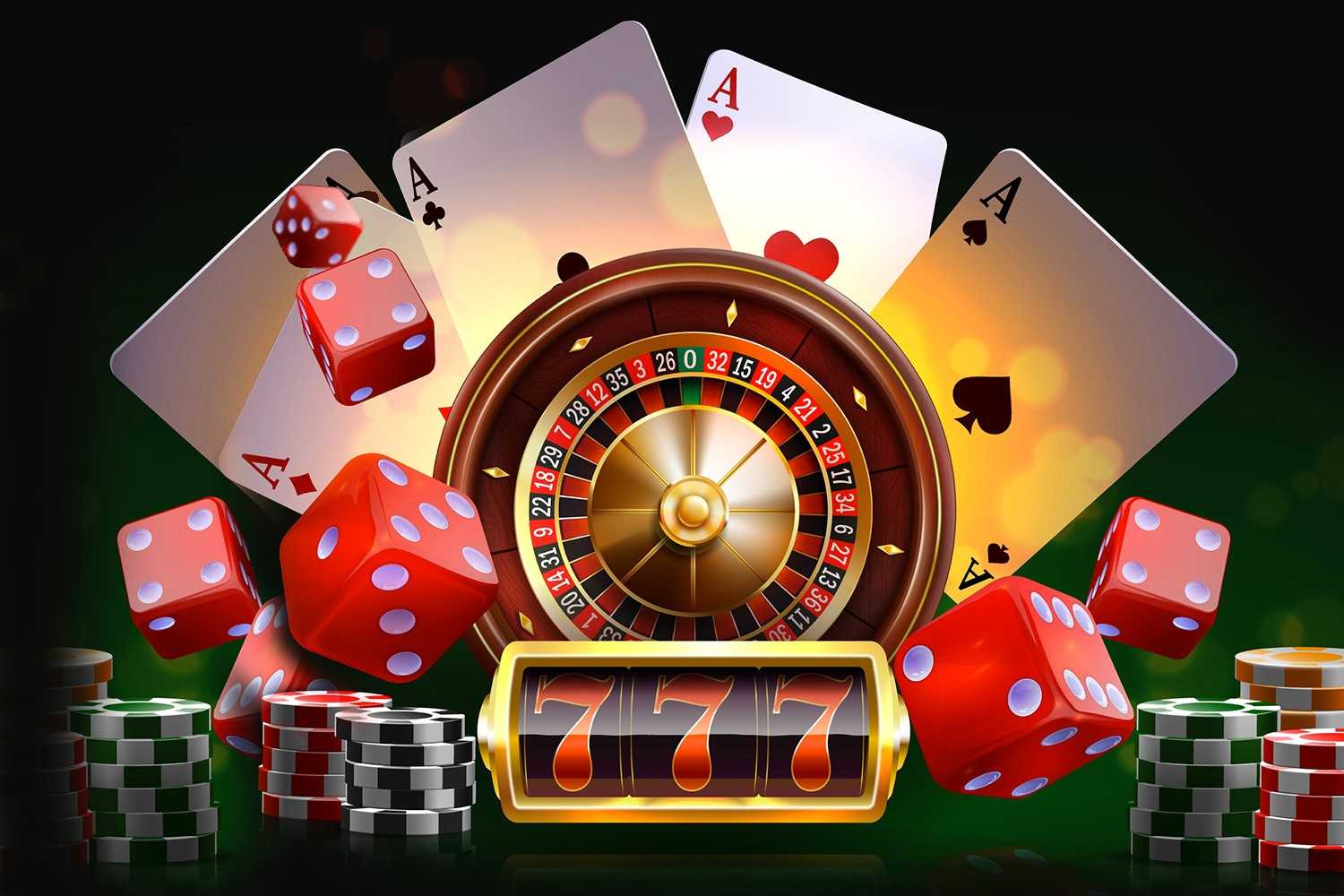Variance represents one of the most powerful yet misunderstood forces shaping gambling outcomes. This statistical concept explains why actual results frequently deviate from mathematical expectations over short timeframes. Players often experience winning or losing streaks that defy probability, leading to confusion about game fairness or strategy effectiveness. These temporary deviations from expected results occur naturally in all gambling activities but become particularly noticeable in online gaming, where session speeds typically exceed live play. The impact of variance becomes most apparent when comparing theoretical win rates against actual results. Players exploring gambling forums and resources on https://twareekh.com/ discover that variance explains many everyday gambling experiences. This statistical principle affects every game differently, with high-volatility slots producing more dramatic swings than lower-volatility table games like baccarat or blackjack.
Luck illusion
Variance creates the characteristic ups and downs that define gambling experiences. These fluctuations often exceed what players intuitively expect, creating false impressions about game performance or strategy effectiveness. The psychological impact of these swings can be substantial, influencing decision-making and risk tolerance during play sessions. Players must recognize that short-term results provide little information about expected long-term performance. A winning session doesn’t necessarily validate a strategy, just as a losing session doesn’t automatically invalidate one. The natural variance in gambling outcomes means that conclusions require much larger sample sizes than most players typically accumulate. This reality makes accurate self-assessment particularly challenging for casual players with limited playing time.
Game volatility by design
Different casino games intentionally incorporate varying levels of volatility into their design, creating distinct player experiences. Game volatility directly affects:
- Jackpot sizes and frequency, with higher volatility games offering larger but less frequent wins
- Bankroll requirements, as higher variance games require larger reserves to withstand downswings
- Session length expectations are based on how quickly variance can deplete limited bankrolls
- Psychological satisfaction based on player preferences for frequent small wins versus occasional large wins
Game designers carefully calibrate these variance levels to create specific player experiences. Progressive jackpot slots feature extremely high variance, where most players lose while an occasional winner receives life-changing sums. By contrast, games like baccarat offer much lower variance, with frequent small wins and losses hovering near the expected return percentage.
Truth in numbers
Variance makes accurate performance tracking challenging yet essential for serious players. Without proper analysis methods, misleading conclusions easily emerge from limited data sets. Effective tracking requires:
- Recording sufficient sample sizes before concluding strategy effectiveness
- Using statistical tools that account for expected variance in win/loss patterns
- Focusing on decisions rather than outcomes when reviewing gambling sessions
- Recognizing that even large samples may show a large deviation from expectation
Players who apprehend variance focus on making mathematically correct decisions consistently rather than chasing short-term results. They recognize that variance eventually normalizes over sufficient trials, rewarding sound strategy despite inevitable fluctuations.
This balanced approach to variance helps players maintain perspective during both winning and losing periods. When players know that short-term results often deviate significantly from mathematical expectations, they can make more rational decisions focused on long-term profitability rather than reacting emotionally to inevitable statistical fluctuations. Recognizing variance as a natural feature of gambling rather than an enemy to be conquered represents a critical step toward gambling maturity and potential long-term success.




